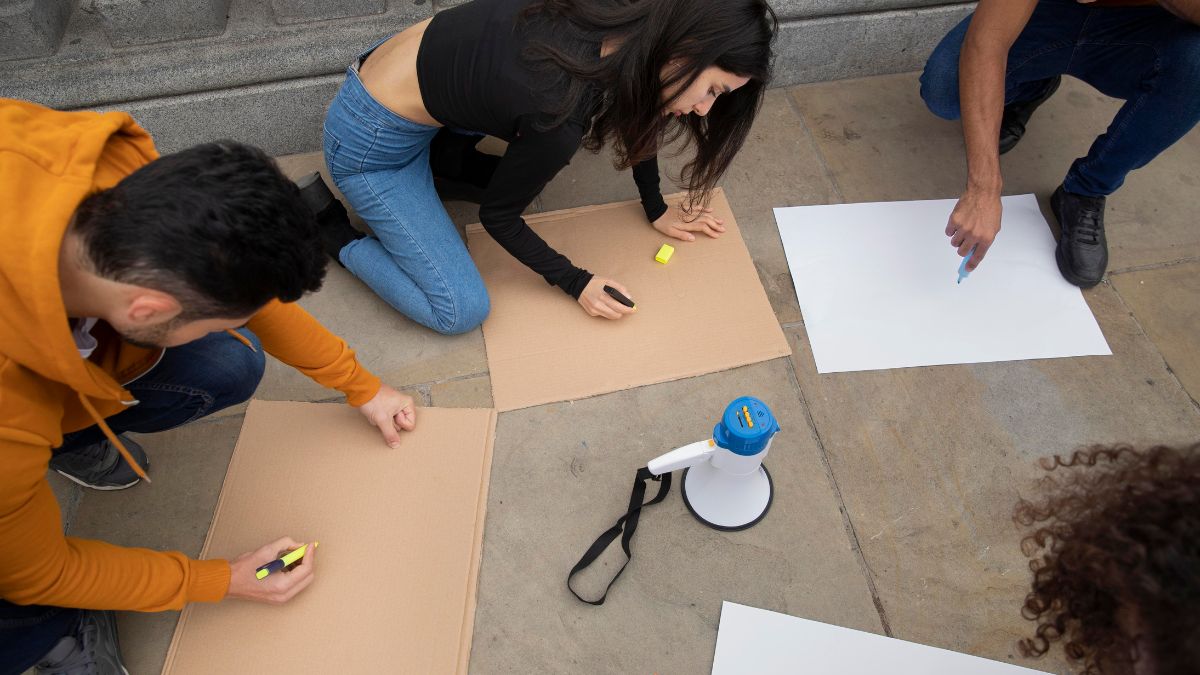Acamento – Your Complete Guide to Meaning, Uses, and Benefits
In today’s digital and global world, new words and terms are constantly appearing. One of those terms that people have started noticing is Acamento. But what exactly does it mean? Where is it used? And why is it gaining attention in different fields such as design, technology, and culture?
This article will break down the meaning of Acamento, explore its possible contexts, its role in creative industries, and how you might encounter it in everyday life. Whether you’re a student, a professional, or simply curious, this guide will give you a clear, simple, and complete understanding of Acamento.
What Does Acamento Mean?
Linguistic Background
The word “Acamento” has roots in Latin-based languages such as Portuguese, Spanish, and Italian. In many cases, it is connected to the idea of completion, process, or finishing.
General Definition
In most uses, Acamento refers to a stage of completion or finishing process, whether in a physical product, an idea, or a creative work.
Where is Acamento Used?
In Design and Architecture
In creative industries, Acamento often describes the finishing touches of a design or building project. For example:
- The smooth polish of a stone surface
- The final coat of paint on walls
- Details added at the end of an architectural design
In Manufacturing and Crafts
When producing goods—whether furniture, textiles, or handmade crafts—Acamento refers to the final process that gives a product its finished look and usability.
In Digital and Tech Spaces
In technology, the term can be used to describe the final stage of a project or coding process, marking the point where something is ready to launch or deliver.
Importance of Acamento in Everyday Life
Adding Value
Finishing processes make a huge difference in how a product looks, feels, and performs. Without Acamento, even the best ideas can feel incomplete.
First Impressions Matter
When someone sees a product, building, or even a digital app, they first notice the finishing quality. That’s why Acamento plays a key role in user experience.
Durability and Functionality
Good finishing not only improves appearance but also makes products more durable and functional.
Types of Acamento in Different Fields
Acamento in Interior Design
- Wall finishes like textures, paint, or wallpaper
- Flooring polish or tiles
- Lighting details that complete the atmosphere
Acamento in Fashion and Textiles
- Stitching and hemming of clothes
- The final fabric treatment for durability
- Embellishments like embroidery or lace
Acamento in Technology
- User Interface (UI) polish in apps and websites
- Final debugging and testing of software
- Branding details before product release
Benefits of Paying Attention to Acamento
Professional Look

A well-finished product builds trust and enhances brand reputation.
Increased Value
Customers are often willing to pay more for products with a high-quality finish.
User Satisfaction
When the Acamento is done well, users feel the product was made with care.
Long-Term Use
Good finishing processes protect materials from damage and extend their lifespan.
Challenges in Achieving Good Acamento
Cost Factor
High-quality finishing can add to the cost of production.
Time and Skill Required
Achieving perfect finishing often requires skilled professionals and extra time.
Balancing Function and Aesthetics
Sometimes focusing too much on appearance can compromise usability. Good Acamento must balance both.
How to Recognize Quality Acamento
In Physical Products
- Smooth surfaces without defects
- Consistent colors and textures
- Strong and durable assembly
In Digital Projects
- Clean and simple design
- Smooth user navigation
- No errors or bugs in the final version
The Role of Acamento in Customer Experience
Building Trust
When customers see a polished finish, they feel confident in the brand.
Emotional Connection
People associate quality finishes with luxury, comfort, and care.
Repeat Business
A product or service with excellent Acamento increases the chance of customer loyalty.
Future of Acamento in Modern Industries
Sustainable Finishes
More companies are now focusing on eco-friendly finishing processes, such as water-based paints and recycled materials.
Technology Integration
3D printing, AI, and automation are making Acamento faster and more precise.
Personalization
Future trends point to custom finishing options that let customers choose unique designs, textures, or digital interfaces.
Tips for Businesses to Improve Acamento
Invest in Training
Skilled workers are essential for delivering high-quality finishes.
Choose Quality Materials
Good finishes require durable and reliable raw materials.
Use Technology
Software and advanced tools can help achieve consistent and professional results.
Listen to Customer Feedback
Understanding customer expectations ensures that finishing processes meet real needs.
Frequently Asked Questions
What is the literal meaning of Acamento?
It generally refers to completion or finishing.
Is Acamento only for physical products?
No, it can apply to digital, creative, or manufacturing processes.
Why is Acamento important in business?
Because it influences brand perception, product value, and customer trust.
Can Acamento be eco-friendly?
Yes, many companies are adopting sustainable finishing techniques.
Final Thoughts on Acamento
Acamento may sound like a small step in a project, but it is often the most crucial. From design and architecture to fashion and technology, the finishing process defines quality, durability, and customer satisfaction.
Whether you are a business owner, a designer, or a consumer, understanding the value of Acamento helps you appreciate the difference between something average and something exceptional. It’s the final touch that transforms an idea into a complete product.






